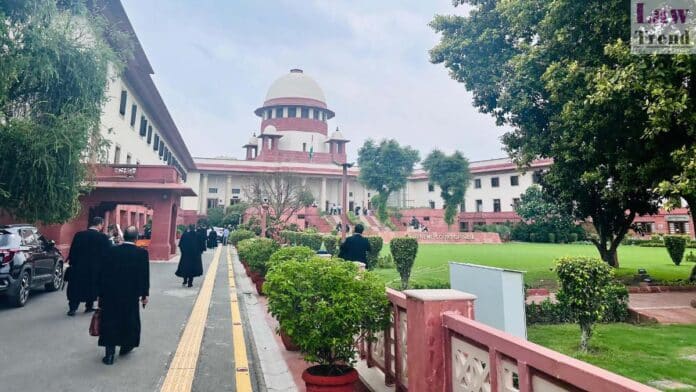In a major ruling on judicial service eligibility, the Supreme Court has held that the experience gained by candidates while working as Law Clerks with Judges or Judicial Officers should be considered in calculating the total number of years of legal practice required to appear for the Civil Judge (Junior Division) examination. The judgment was
To Read More Please Subscribe to VIP Membership for Unlimited Access to All the Articles, Download Available Copies of Judgments/Order, Acess to Central/State Bare Acts, Advertisement Free Content, Access to More than 4000 Legal Drafts( Readymade Editable Formats of Suits, Petitions, Writs, Legal Notices, Divorce Petitions, 138 Notices, Bail Applications etc.) in Hindi and English.




